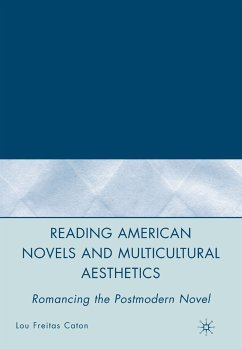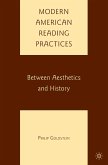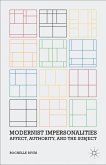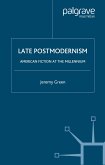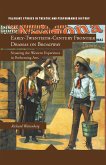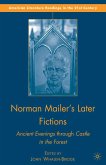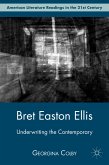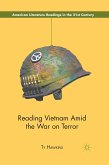Dieser Download kann aus rechtlichen Gründen nur mit Rechnungsadresse in A, B, BG, CY, CZ, D, DK, EW, E, FIN, F, GR, HR, H, IRL, I, LT, L, LR, M, NL, PL, P, R, S, SLO, SK ausgeliefert werden.
"In our globalizing era, when migrant communities, refugees, and exiles increase ethnic diversity, the concept of a distinctively American literary identity is critically weakened; authors can no longer be said to constitute a national canon. Caton responds to this challenge to American literary studies with a bold polemic that revives the universalist themes of Romantic philosophy. A formidable and highly original contribution to ethnocritical scholarship. Caton explains, with cogent argument and canny insight, how Romantic theory can overcome the impasse between critics advocating multicultural diversity and those who wish to preserve the sense of a unifying literary aesthetics." - Paul Maltby, West Chester University, Author of Dissident Postmodernists
"Caton promotes a 'multiculturalism of exchange and communication' that seems to promise an end to the 'either/or' debate between Formalism's aesthetics or New Historicism's social investigations. Caton's template follows the romantic writings of Samuel Coleridge and Immanuel Kant which propose a 'first cause' approach to human knowledge-the acknowledgement of a 'shared, universal acceptance of 'not knowing,'' and a true acquiescence to the 'finite limitations of human knowledge.' Caton's promise of a 'dialectic occur[ing] in and through different cultures' by way of their shared awareness in the human state of 'not knowing' opens up the 'possibility for both an ideal commonality and a respectful recognition of another's alterity.'" - Emory Elliott, University of California, Riverside

